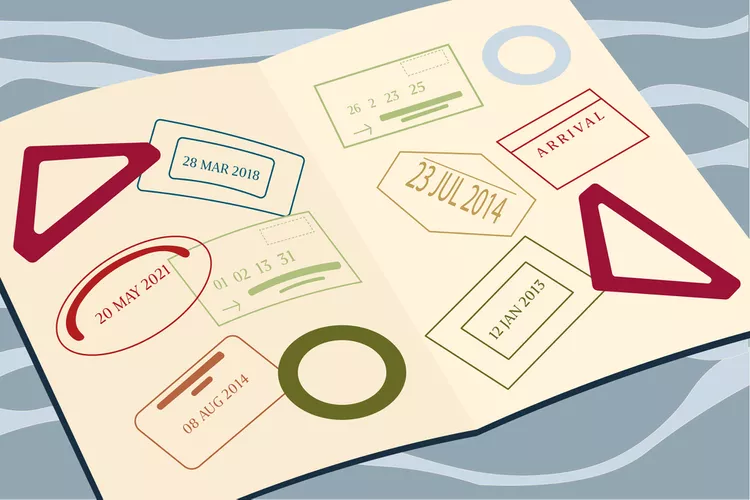Summary of ETIAS Implementation:
- When ETIAS will take effect?
- Cost of ETIAS fee.
- Required countries for ETIAS.
- Eligibility for fee payment.
- Application process for ETIAS.
- Information required for application.
- Consequences of application denial.
- Traveling to the United Kingdom post-Brexit.
- Comparison with U.S. travel authorization.
Traveling to Europe is becoming more regulated, as a fee and a visa will be required for entry starting next year. The European Commission will mandate travelers from several visa-exempt countries—including the United States—to apply to the European Travel Information and Authorisation System (ETIAS). This new fee is set to come into effect for travelers aged 18 to 70.
1. When will ETIAS go into effect?
The ETIAS fee is anticipated to be implemented in 2024, after several delays. Initially scheduled for 2021, the launch was postponed first until November 2023 and then to early 2024.
2. How much will it cost?
Upon implementation, travelers will be required to pay a fee of €7 (approximately $7.70). This authorization will remain valid for three years or until the expiration of the traveler’s document.
3. Where will it be required?
The ETIAS authorization will be necessary for entry into 30 European countries, which include popular destinations like France, Germany, Iceland, Spain, Greece, and the Netherlands.
4. Who will be required to pay the fee?
All travelers aged between 18 and 70 must pay this fee, although family members of EU citizens are exempt from this requirement.
5. How do you apply?
Once in effect, travelers will be able to apply through an official website or app prior to their journey. It is important to note that applications must be submitted by each individual, as the authorization is linked to their travel documents. However, travelers can authorize others to submit an application on their behalf.
Most applications will be processed rapidly, with many completed in just a few minutes. Some applications might take longer—up to 96 hours. In specific cases, additional documentation or an interview may be required, potentially extending the processing time to as much as 30 days.
The European Commission recommends that travelers apply for ETIAS before making any flight or hotel reservations.
6. What information will be required for an application?
Travelers must provide personal details including their name, address, passport information, current job, and any history of travel to conflict zones or criminal convictions. Furthermore, they will need to outline their travel plans while in Europe.
It’s noteworthy that applicants will not be asked about their health or vaccination status, nor required to provide biometric data such as fingerprints.
7. What happens if you are denied?
Authorization may be denied for multiple reasons, especially if an individual is seen as a risk in terms of security, illegal immigration, or health epidemics. If denied, travelers will receive a notification detailing the reasons behind the decision.
Individuals have the right to contest the denial. Future applications will not be automatically rejected due to a previous denial.
8. What about visiting the United Kingdom?
As the UK is no longer part of the European Union, ETIAS will not be applicable there. Nonetheless, the UK is developing its own Electronic Travel Authorisation (ETA) system aiming for completion by 2025. This system, which will cost £10 (approximately $12.83) per applicant, will require all non-visa foreign visitors, including Americans, to apply online ahead of travel.
9. Does the U.S. have anything similar?
Yes, the United States has a corresponding system called the Electronic System for Travel Authorization (ESTA). This program applies to travelers from countries under the Visa Waiver Program. Recently, the ESTA fee increased from $14 to $21.




